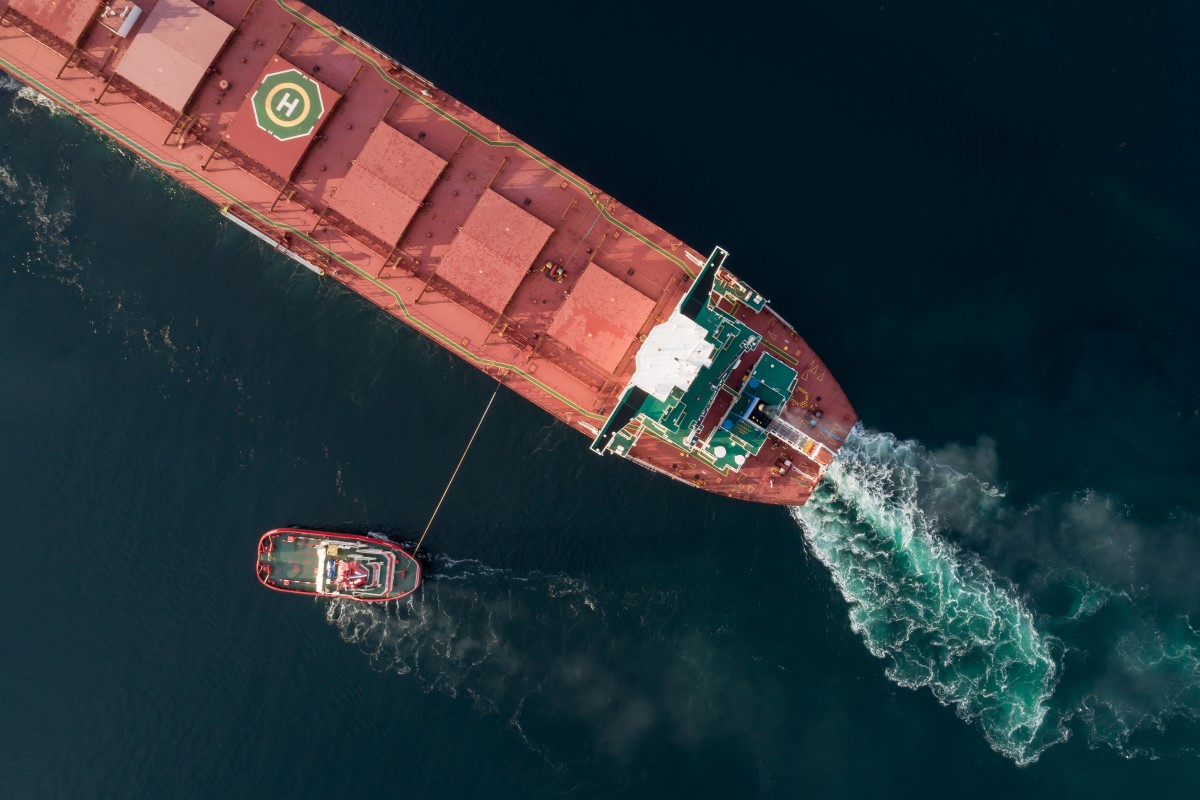Indonesia will impose a ban on bauxite exports effective from June 2023, in the country’s latest effort to boost the domestic processing of its mineral resources. This is the second instance in the past decade that the Southeast Asian country has banned bauxite exports.
Indonesia’s President Joko “Jokowi” Widodo has said that this move, amidst other mineral export bans, is set to drive the development of the domestic mineral refining and processing industry.
Bauxite ore is processed for aluminium, which is widely used in a wide range of products, including kitchen utensils, window frames, building materials, aircraft, and several other items.
How important is Indonesia’s bauxite?
According to a US Geological Survey report, Indonesia is the world’s sixth-largest producer of bauxite and has the fifth-biggest reserves for ore in the world. Bleached bauxite exports will also be banned, according to the announcement.
Southeast Asia’s largest economy has pursued policies aimed at creating jobs and revenue by processing more of its natural resources domestically rather than exporting raw materials. Widodo anticipates that the move will raise the value of Indonesia’s bauxite-based exports from around 21 tn rupiah ($1.35 bn) to at least 62 tn rupiah ($4 bn).
Widodo, while announcing the policy in Jakarta, said, “The government is committed to continually building sovereignty in our natural resources sector and add value to domestic (products) in order to open as many jobs as possible, increase foreign exchange (revenue) and create an even economic growth.”
China was Indonesia’s largest bauxite importer until Jakarta imposed the mineral export ban in 2014, later easing it in 2017. Following Indonesia’s ban in 2014, China increased its efforts to develop aluminium resources in Africa, and news of Beijing giving out mining loans to certain countries has been previously reported.
After the first ban was lifted in 2017, China steadily increased its bauxite import from Indonesia. For many years, most of the bauxite mined in Indonesia was shipped to other countries such as China and Australia for processing, after which Indonesia purchased the refined products.
According to Indonesia’s economic affairs minister, Airlangga Hartarto, the country has four bauxite processing facilities with a total capacity of 4.3 million tonnes of alumina, with another four under construction with a total capacity of nearly 5 million tonnes. Hartarto claims that Indonesia’s bauxite reserves are sufficient for up to 100 years of production.
Even though the timing of its release has not been specified, Indonesia’s new mining law is likely to include a ban on other unprocessed minerals such as copper and tin.
Indonesian ministers are aware that the decision to ban certain mineral exports might attract legal action. Indonesia is already appealing against the World Trade Organization (WTO)’s ruling in favour of the European Union last month over the ban on nickel exports. The trade regulator has said that the January 2020 nickel export ban is not justified.
The nickel ore export ban prompted Chinese companies to invest billions of dollars in building refineries, smelters, and a metallurgy school on the Indonesian islands of Sulawesi and Halmahera. Since then, the country’s nickel exports have increased in value to $20.9 bn in 2021 from $1.1 bn in 2014. President Jokowi predicts the figure will reach over $30 bn in 2022.


 Australia
Australia China
China India
India Indonesia
Indonesia Japan
Japan Malaysia
Malaysia Philippines
Philippines Singapore
Singapore South Korea
South Korea Taiwan
Taiwan Thailand
Thailand Vietnam
Vietnam







